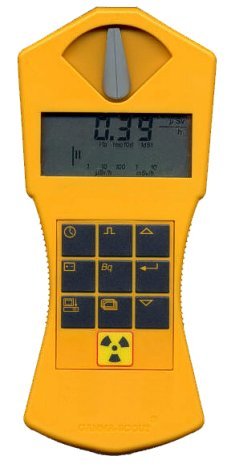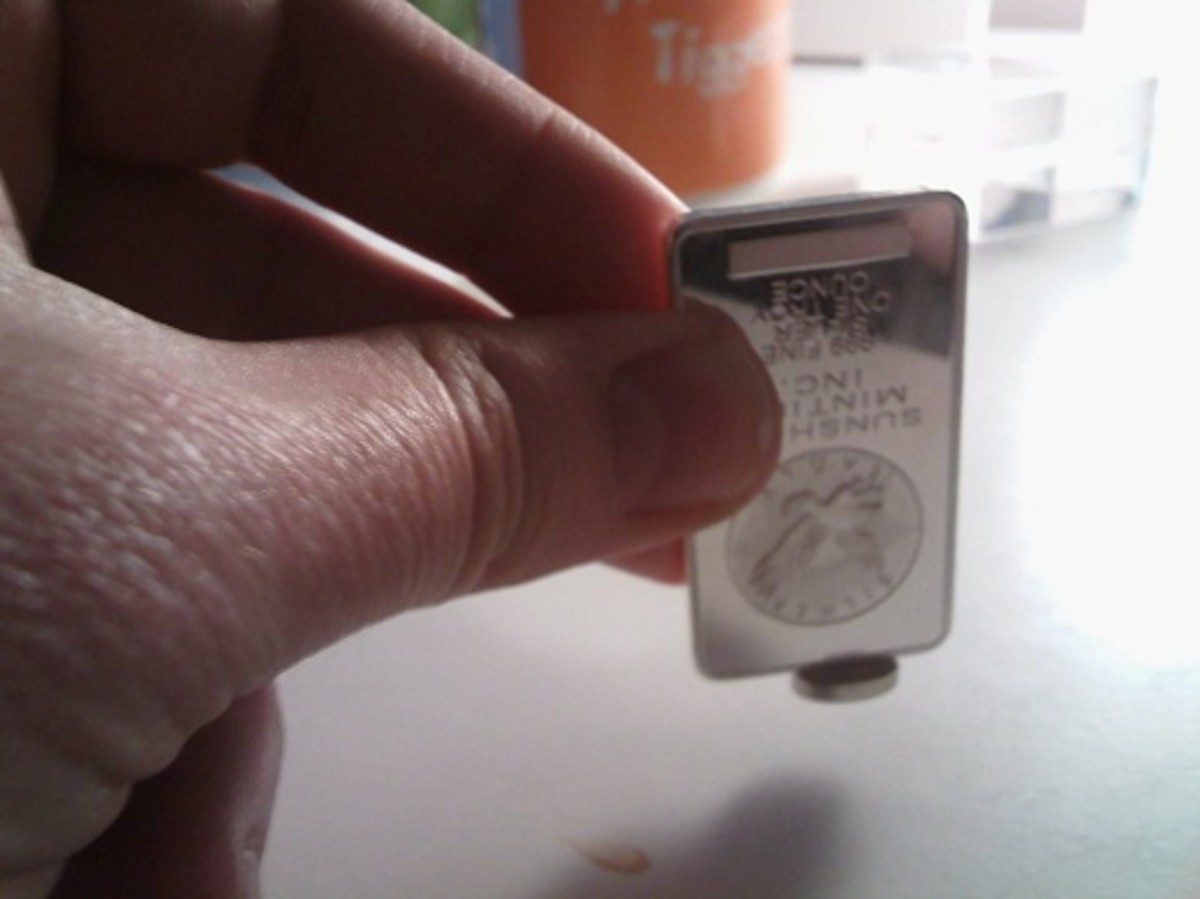Buying Geiger Counters Online
How to Buy a Geiger Counter
Geiger Counters Sold Out in Many Stores
The recent earthquake, tsunami and nuclear disaster in Japan have caused many people to consider buying Geiger counter kits to detect radiation levels around their homes, cities, or workplaces. So many people in fact have been buying Geiger counters that there is now a waiting list of a number of weeks or months at a number of stores as they have run out of stock. It may be the case that the Fukushima accident is the last nuclear accident the world will ever see, but some people want to be able to detect the radiation levels around them and to have their own Geiger counter. It also appears that the Japanese government has passed a law making it illegal to disseminate "bad" information about what is happening at Fukushima.
This page is not intended to discuss the wisdom or not of buying a Geiger counter, or even the wisdom of using nuclear power instead of solar power, wind power etc.... The aim is simply to give basic information on what to look for in a Geiger counter should you be considering buying one.
First things first - price. Geiger counters generally start in the low hundreds of dollars and can cost up to several thousand dollars. One that is recommended and is used by the UN - the Gamma Scout costs around $400. This article was first published here - geiger counters
What is a Geiger Counter ?
Geiger Counter

Second things second. What is a Geiger counter? Basically, it is a device for measuring 'ionizing radiation' and for detecting nuclear radiation emitted from objects.
Geiger counters can detect alpha particles, beta particles, x-rays and gamma rays. An inert gas-filled tube conducts electricity whenever a particle or photon of radiation makes the gas conductive. The tube amplifies this and emits a current pulse, which is displayed via a meter with a needle or a lamp and/or the famous audible clicks.
Every ionizing particle that travels through the tube produces a pulse that is counted, the more particles the more counts.
What is ionizing radiation and is it harmful?
Ionizing radiation consists of high-energy particles that are able to detach an electron from an atom. Eventually this will lead to the atomic structure being altered. Random particles from low dosages may alter the DNA structure of cells and increase the risk of cancer. High doses of ionizing radiation are dangerous for the cell structure of humans. Radiation emitted close to soft tissue, for example your lungs, is particularly dangerous.
The three types of ionizing radiation -Alpha Particles, Beta Particles and Gamma Radiation
Alpha particles are not a serious health problem for humans, unless they are emitted from within your body. They are relatively dense and are unable to penetrate more than an inch of air or a sheet of paper.
Beta Particles are light and are able to penetrate further than Alpha particles, but they still do not represent a serious health problem, unless ingested. Beta particles only penetrate a few millimeters of aluminum.
Gamma Radiation on the other hand is extremely high-energy. Gamma rays have a shorter wavelength than visible light, and it is very difficult to protect against them. The aim is therefore to detect them and avoid coming into contact with them. Gamma radiation is able to penetrate deep into your body and damage soft tissues such as bone marrow.
What can a Geiger Counter be used for?
•To detect radiation in or in the vicinity of a nuclear power plant.
•To detect contamination and leaks .
• To detect radiation in food or other produce.
• To check for radiation in groundwater
• To test for potential radioactive materials.
• To check your body for personal exposure.
• To check internal levels (iodine-125).
• To monitor the water and air quality
• To determine the origin of dangerous radiation.
• To comply with safety regulations.
• To measure levels of radiation at dumps and landfills
• Household items such as smoke detectors or granite worktops can contain ionizing radiation.
• To detect uranium if you want to collect it or mine it (in which case should you be reading this blog?)
Features you should look for in a Geiger counter?
1. Go for the latest version available
2. Audio Alert Function – buy a Geiger counter with a threshold alarm you can program to warn you of excess levels. Audio readouts emit one “click” per particle, more particles = more noise
3. Audio Off - so you can switch the Audio off, but leave the visual display on.
4. Make sure it has been tested and certified by a recognized testing facility
5. Make sure it detects alpha particles, beta particles, and gamma radiation
6. Get one that uses very little power or has a battery that lasts for 5 years at least .
7. A Geiger counter should have a menu that is easy to understand that will guide you through the process.
8. Information Storage – this accumulates radiation counts over time and is useful for determining longer term exposure.
9. Some Geiger counters can be downloaded and evaluated on a computer. Time sequencing is a very good way to see radiation variability
10. It is better if your Geiger counter is light, compact, shock resistant, and easy to carry. Buy a carry case too if you can.
11. Analog and Digital Displays - sometimes analog is better for visualizing changes in intensity levels.
12. Your Geiger counter must be tough enough to withstand extreme temperatures
13. The housing should not crack, peel, split or shatter.
14. Sensitivity at Low Levels - to measure from less than ambient radiation levels. A dirty bomb may cause contamination at distance due to fallout - you must be able to detect small changes above ambient levels.
15. Dual Measurement Units - it should show metric as well as English/US units of measurement. Metric is uSv/hr or micro-Sieverts per hour. U.S. standard is mR/hr is milli-Roentgens.
16. The operating range (Detection Measurement) – is important - a typical maximum operating range would be to 50 mR/r.
17. Airplane Friendly – any Geiger counter must comply with FCC-15 standards so that it doesn't interfere with radio transmission.
So which Geiger should I buy?
One that comes highly recommended is the Gamma-Scout® Alert - Radiation Detector it is used by the United Nations funded border control and customs security. There are thousands in use worldwide - the Gamma-Scout® Alert Version is used at borders and checkpoints to combat radioactive materials proliferation.
The Gamma-Scout® Alert will cost you $447 the Standard version costs $399 - unfortunately there is a long waiting list at the moment for geiger counter kits due to the nuclear catastrophe at Fukushima. Another manufacturer that is also recommended is Terra.
- Best Patio Sets
- Best Tower Fans
Keep cool with a tower fan ! Ideal when space is limited. - Geiger Counters








